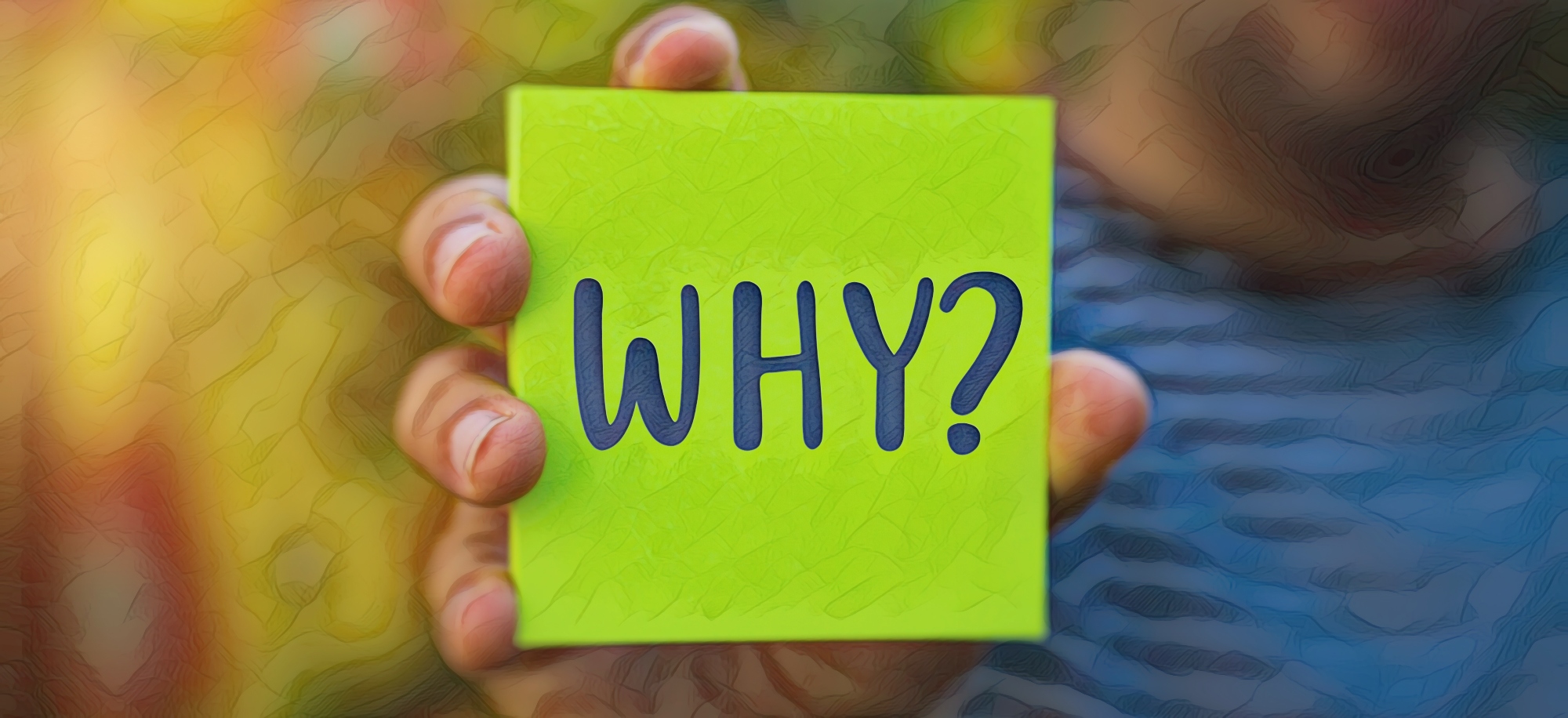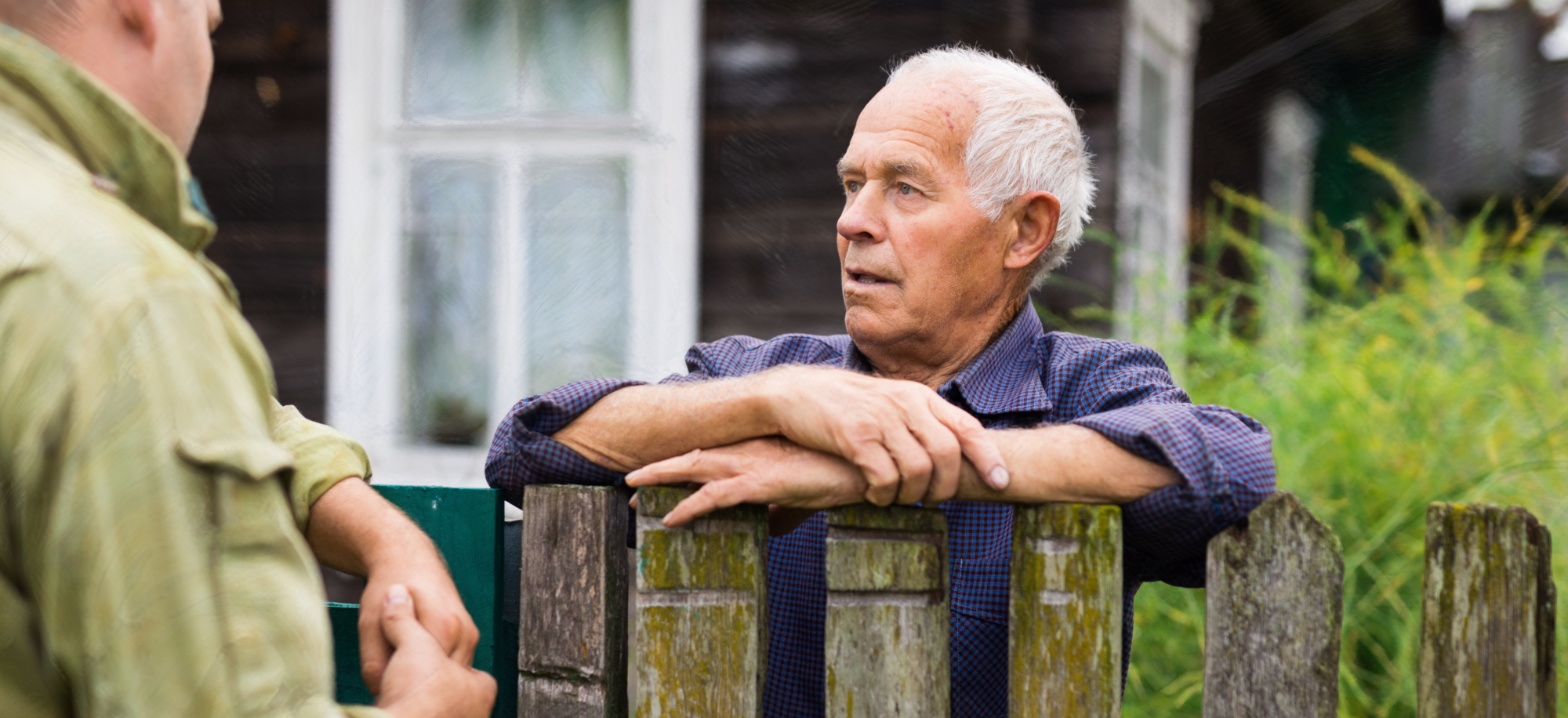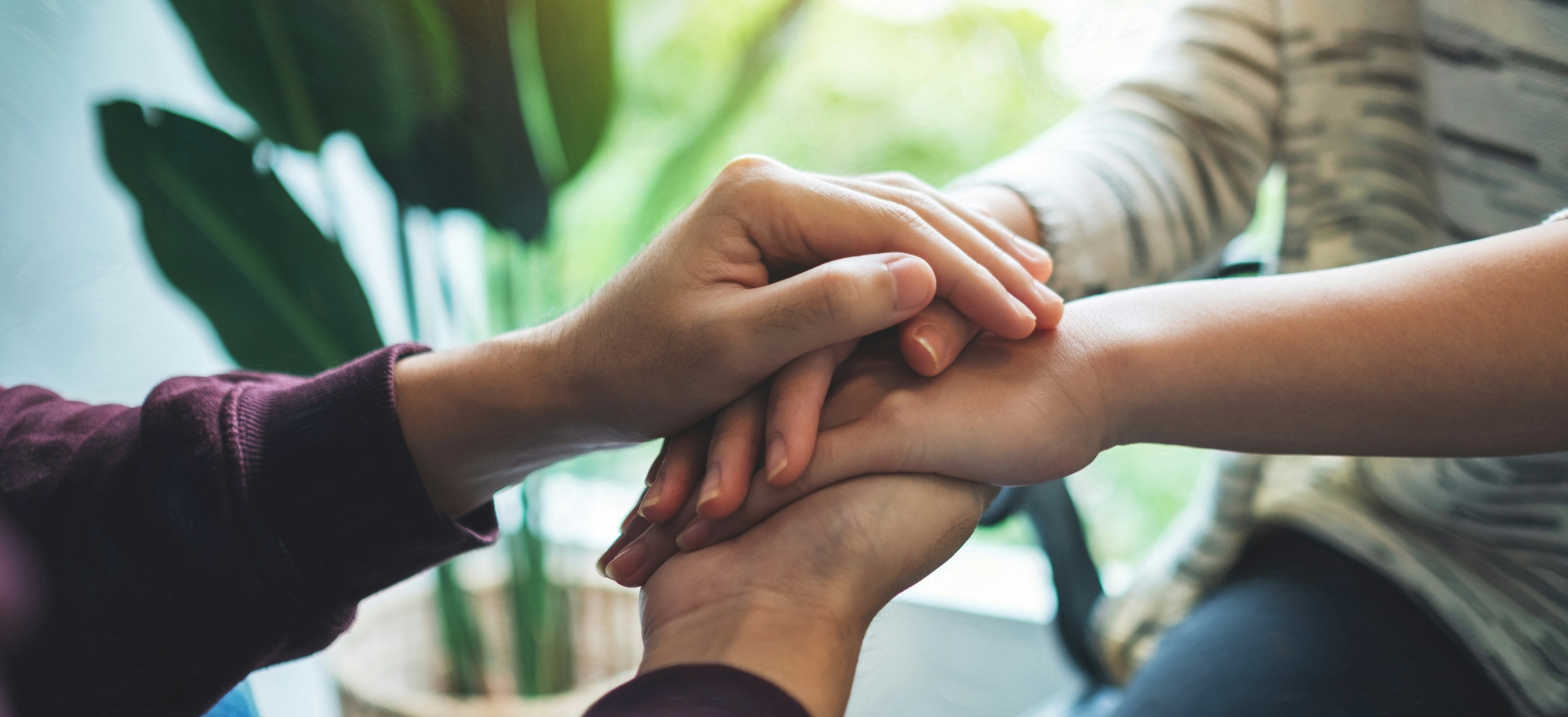Asking “Why did my loved one do this?” is the question that haunts most survivors of suicide. The outside world demands to know from us, yet we don’t know ourselves. For some of us, there were definite clues that our loved ones were depressed or that something was wrong. We either knew that they were in pain and did not know the extent of it, or we did know and tried everything we knew to get help for them. For others, the suicide was completely out of character. Many people who end their lives are extremely good actors and actresses. They only allow us to see what they want us to see. In either instance, most of us never thought this could really happen to us, to our loved ones, and to our families.
It doesn’t make sense. So, we search, trying to put the pieces of the puzzle together. Hindsight is 20×20, and sometimes we find bits and pieces, clues to what might have happened to allow our loved ones to lose hope and give up on life. We often want a specific reason, a direct cause and effect. If we can understand exactly why our loved ones ended their lives, maybe we can keep it from happening again to someone else we love.
I struggled with this question for years, following the suicide of my boyfriend. The best explanation was described to me by Iris Bolton, the Executive Director of The Link Counselor Center in Atlanta, Georgia. She is a survivor of her son’s suicide. Iris went to Emory University and received a Master’s in Suicidology to answer this question for herself. She did not find it. Later, she found as close to an answer as she will have. It did not come from a doctor, professor, or a therapist. It came from another mother who had lost her son by suicide. This is how it was described to me, and I share it with you.
The Cup Analogy: Imagine a cup of water sitting on a table. It is so full, it is rounded at the top. When one or two drops of water are added to the cup, it spills over. What caused the water to spill? We want to blame the last one or two drops, but in an empty cup, it would not spill. It was not the water in the cup prior to the drops being added, because if left alone, that would not have spilled. It was a combination of all the drops of water in the cup that came before and the last one or two drops that caused the water to spill. In a person’s life, the water in the cup is symbolic of all the hurt, pain, shame, humiliation, and loss not dealt with along the way. The last couple of drops symbolize the triggering events or the last straw – i.e., the event or situation that preceded the final act of taking one’s own life. Often, we want to blame the last event, yet, this event all by itself would not cause someone to end his or her life. It is the combination of everything in that person’s life not dealt with and the last one or two things that caused our loved ones to lose hope.
As survivors, we must find a way to pour out the water along the way. This may be through talking it out, writing it out, sometimes yelling it out, whatever works for you. We must learn to deal with our pain in a way our loved ones could not. This analogy does not give us the concrete answer many of us are looking for, but I know it made sense for me and has been helpful for many survivors. It allowed me to let go of the search for “why,” and to find a different way of dealing with my pain.




